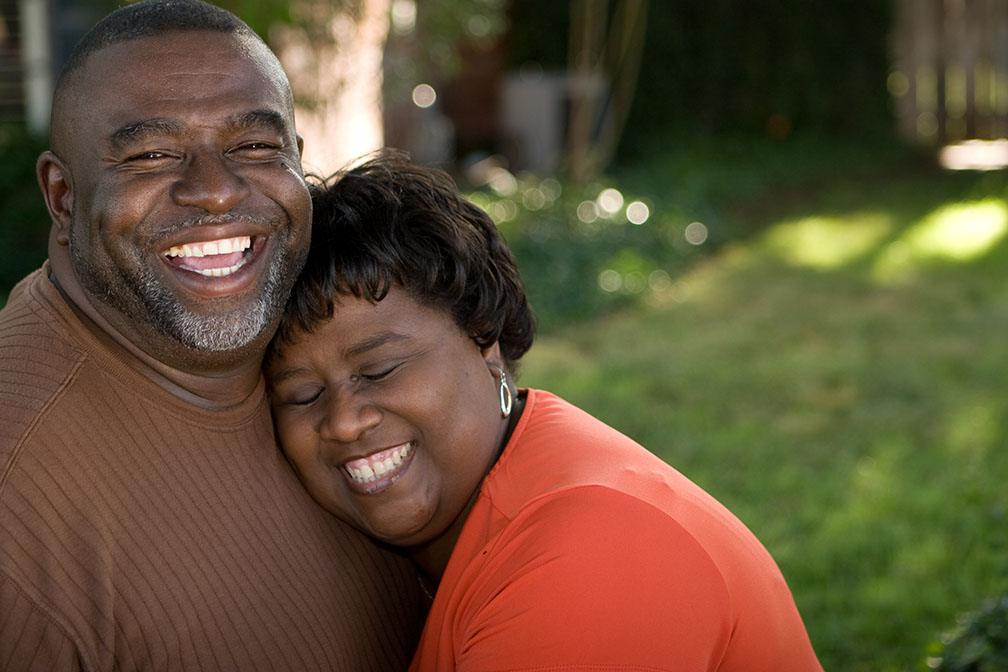
Are you a senior or retired individual older than 62 who is looking to supplement your retirement income? If so, you may have heard about a unique financial product known as a reverse mortgage. In today’s blog post we will explore three myths about reverse mortgages and share why they need to be debunked.
Myth #1: This is not safe for the Borrower
It is very safe! the Housing Counseling Program of the Housing and Urban Development Act began in 1968. Reverse mortgage loan counseling has been evolving since 1998 and continues to play a significant role in borrower protections. It is a consumer protection law designed to have a meeting between the housing counselor and the borrower, including as needed their family members, POA or Conservator, to review the borrower’s goals, needs, features of the HECM, responsibilities of the borrower, estimated costs, alternatives to a reverse mortgage and more. It is mandated that the borrower receive HUD counseling prior to signing a loan application with a lender.
Myth #2: Children Inherit The Reverse Mortgage payments /loan
Many people believe that they are saddling their children with a mortgage payment when they take out a reverse mortgage. This is not true. After the last borrower dies, whoever is overseeing your estate will have the option to sell your home and use the proceeds to pay off the balance of the reverse mortgage. Alternatively, they may decide to refinance the loan balance and keep the home. But your children are not going to inherit a monthly payment. If there is equity in the house it belongs to the estate. If the loan balance is higher than the home value, this is a non-recourse loan. The home stands for the debt, not the homeowner and not their heirs. This feature states that the homeowner is not responsible for mortgage debt that accrues beyond the home’s value.
Keep in mind that having a plan for your estate and a proper will is important, regardless of whether you have a reverse mortgage. Be sure to contact an attorney who is skilled in estate planning for more information.
Myth #3: The Bank Ends Up Owning Your House
Finally, some believe that the bank will end up owning your home if you take out a reverse mortgage. This is not true. With a reverse mortgage, you are borrowing money against the equity that you have built up in your home. You or your Trust, if one has been established, will continue to own the house. It is a home loan like any other home loan. The difference here is repayment is deferred to a later date.
These are just a few of the many myths about reverse mortgages that you might hear about or read online.
To learn more about reverse mortgages, contact your local certified Reverse Mortgage Professional (CRMP) for guidance and expertise.